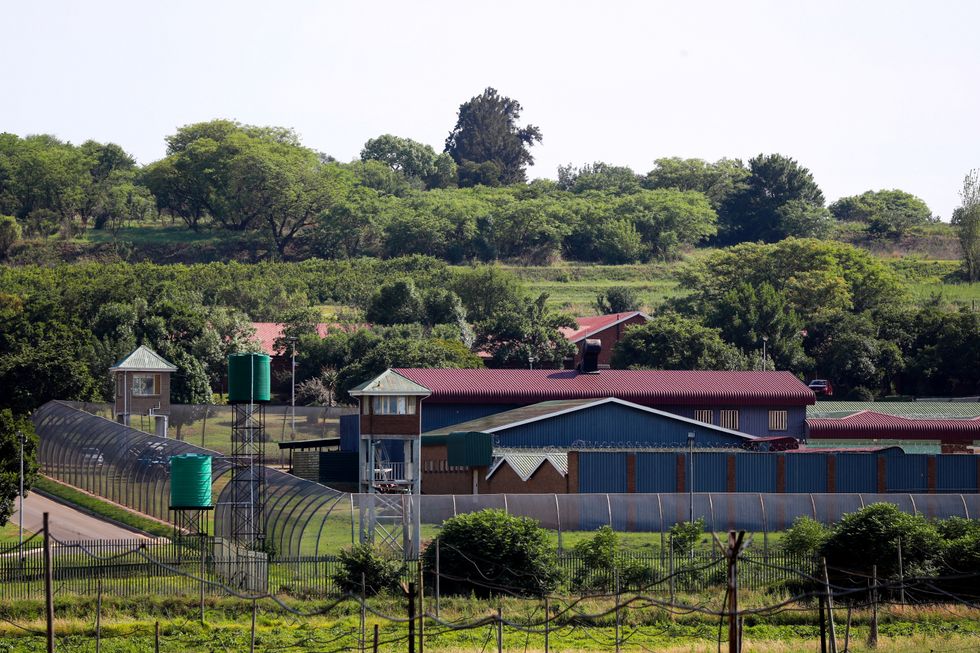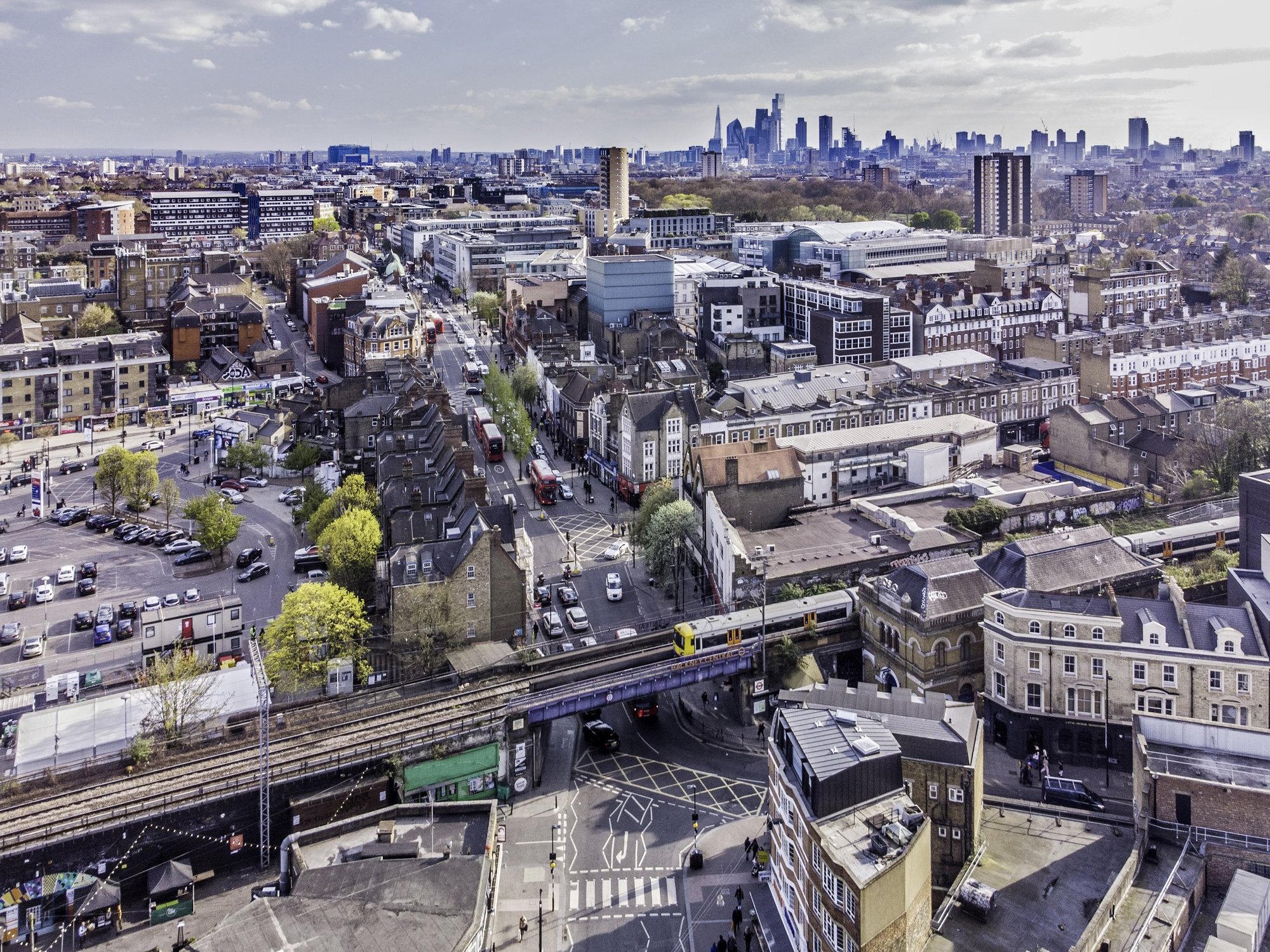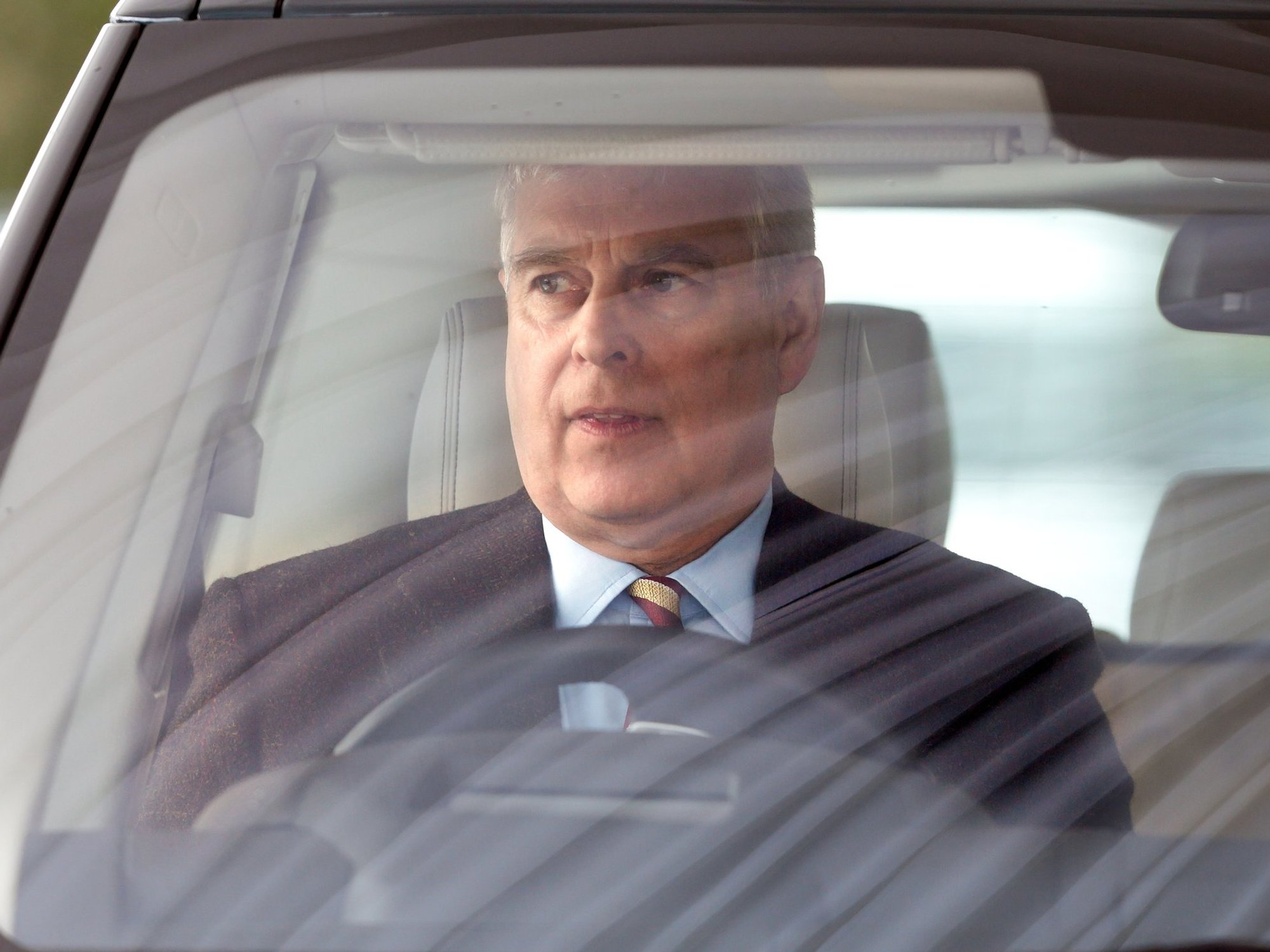Oscar Pistorius to be freed from prison as court confirms date for parole

Oscar Pistorius will be freed in January
| GETTY
The ex-athlete killed his girlfriend a decade ago
Don't Miss
Most Read
Former Paralympic champion Oscar Pistorius has been granted parole from prison and is set to be released within weeks.
The South African, who was jailed after killing his girlfriend Reeva Steenkamp on Valentine's Day 2013, will be freed in January.
The parole will be effective from January 5, the Department of Correctional Services said. He will remain subjected to strict conditions until his sentence has expired.
Known as the "Blade Runner" for his carbon-fibre prosthetic legs, Pistorius went from a public hero as a Paralympic champion to a convicted killer in hearings that caught the world's attention a decade ago.

The parole hearing took place at Atteridgeville Correctional Centre
|REUTERS
Pistorius had argued in court that he fired his gun through a bathroom door after confusing Steenkamp for an intruder.
However, the prosecution argued that the angle the bullet was fired did not match the paralympian's version of events.
He was initially not found guilty of murder and was instead convicted of South Africa's equivalent to manslaughter and given a sentence of five years in prison.
However, the country's Supreme Court of Appeal later found him guilty of murder with the sentence increased to 13 years and five months.
 Oscar Pistorius received 13 years and five months for the murder of Reeva Steenkamp | GETTY
Oscar Pistorius received 13 years and five months for the murder of Reeva Steenkamp | GETTYSteenkamp's mother, June, did not formally oppose parole but warned she was unconvinced that Pistorius was rehabilitated.
Choosing not to attend today's parole hearing at Atteridgeville prison, she said she "simply cannot muster the energy to face [Pistorius] again at this stage".
A victim impact statement was read to the parole board.
Said said that: "Rehabilitation requires someone to engage honestly with the full truth of his crime and the consequences."
She added that she did not feel Pistorius "honestly with the full truth of his crime".
Several factors are typically taken into account by a parole board before inmates are released on parole.
These include the nature of the crimes, the possibility of reoffending, conduct in prison, physical and mental wellbeing and potential threats they may face if released.










